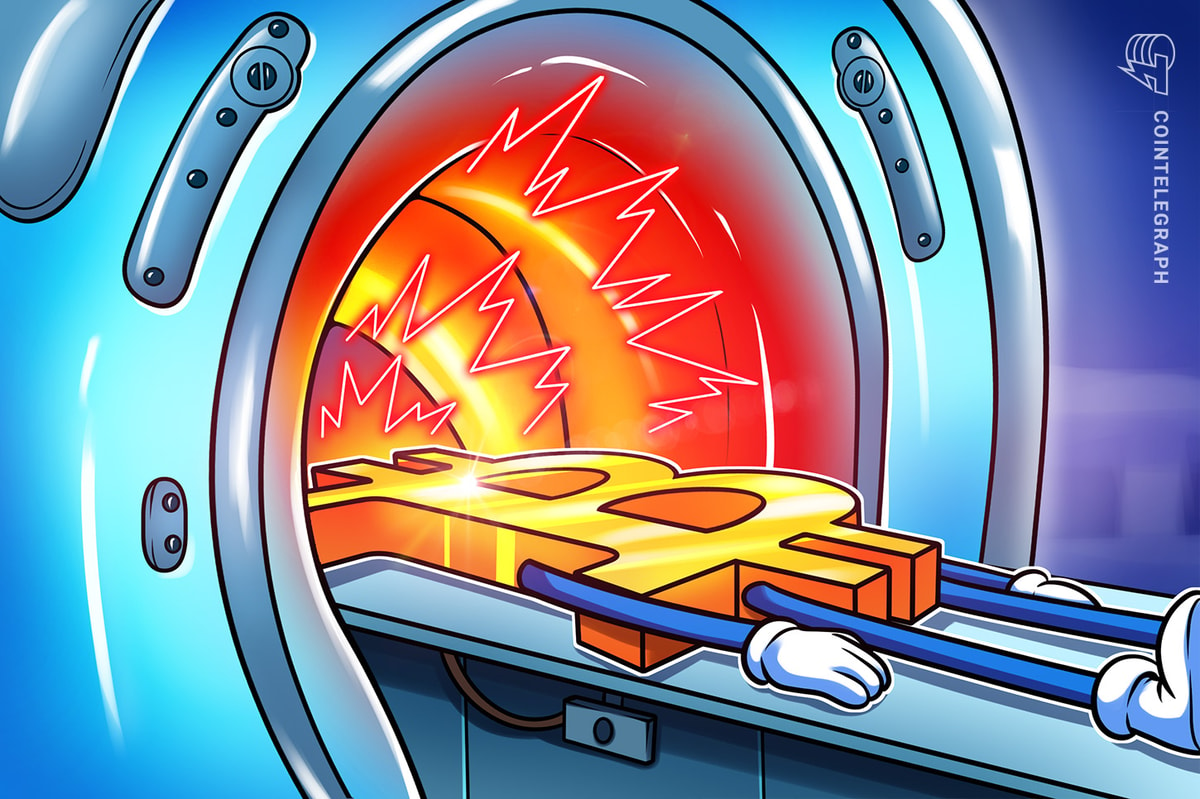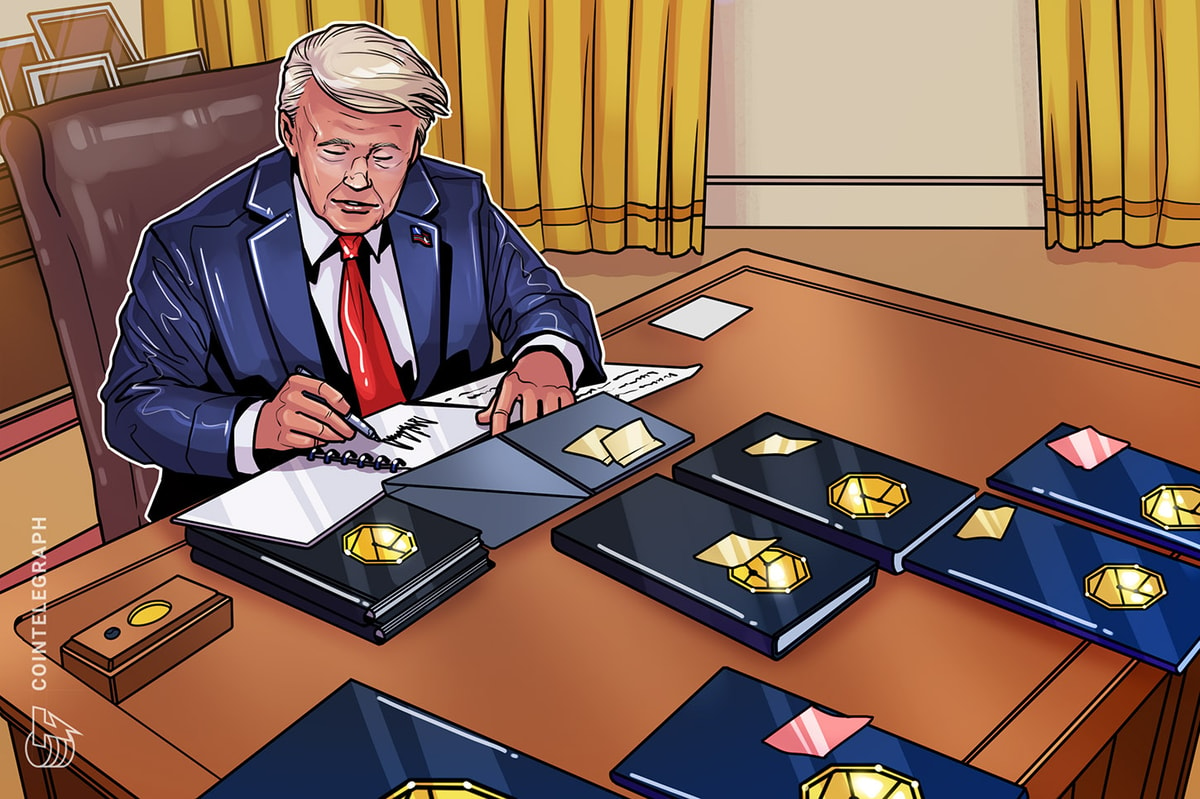The largest political party in South Korea, the Democratic Party, has launched a Digital Asset Committee focused on developing cryptocurrency policies and promoting industry growth.
The committee held its inaugural meeting at the National Assembly Members’ Hall in Seoul on May 13, the local news agency News1 reported.
During its first meeting, the committee highlighted the importance of resolving regulatory uncertainty and addressing burning issues like stablecoin regulation amid the push for US-dollar stablecoins by the US government.
The new committee joins similar organizations in South Korea, including the Virtual Asset Committee launched in late 2024 and another public-private crypto task force introduced in 2022, both initiated by the Financial Services Commission (FSC).
Exchanges like Upbit and Bithumb involved
The leadership of the Digital Asset Committee includes South Korean officials and politicians, such as National Assembly Chairman Min Byeong-deok, who joined the committee as chairman.
Additionally, the organization features standing general election committee Chairman Yoon Yeo-joon, Muksanism Committee Chairman Maeng Seong-gyu, National Assembly member Kim Byeong-gi and former National Assembly Chairman Kim Jeong-woo.
According to a report by ChosunBiz, the committee will also include participation of executives from major local exchanges, including Upbit, Bithumb, Coinbit and Gopax.
Criticism of “one-exchange, one bank” rule
At the opening meeting, committee Chairman Min expressed concerns regarding limitations of South Korea’s current one-exchange-one-bank rule, implying that crypto exchanges are restricted to collaborating with only one lender.
“There are clear shortcomings to the one exchange, one bank principle,” Min reportedly said, adding that the committee is working with regulators to resolve the issue.
The chairman also mentioned discussions about which regulators should supervise the stablecoin industry and whether stablecoins should be subject to a licensing or reporting system.
Related: South Korea presidential front-runner pledges to approve Bitcoin ETFs
“There is also a point of contention as to whether the Bank of Korea or the FSC should handle the regulation,” he reportedly said.
The news came shortly after a Bank of Korea executive expressed concerns over the issuance of the South Korean won-backed stablecoins.
“Stablecoin has a great impact on the implementation of central bank policies such as monetary policy, financial stability, and payment settlement,” Bank of Korea’s Koh Kyung-chul reportedly said at a conference on May 12.
“The negative impact on the central bank’s policy implementation should be minimized by the central bank’s practical intervention in the approval stage,” he added.
Magazine: Finally blast into space with Justin Sun, Vietnam’s new national blockchain: Asia Express










